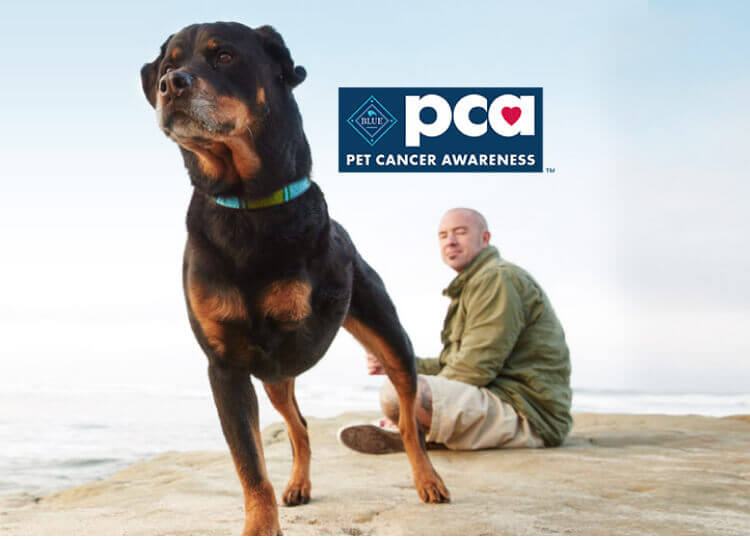
Pet Cancer Awareness
Join the fight against pet cancer.
Millions of pets are diagnosed with cancer every year, making it the #1 disease-related threat to our dogs and cats. That’s why we’re committed to leading the fight against this devastating disease during Pet Cancer Awareness Month and all year long. To date, we’ve helped raise over $30 million to spread awareness, fund research, and help pets get the treatment they need.
Watch VideoSuccess Stories
Celebrating Second Chances
While pet cancer can be scary, it’s important to know there is hope. Get to know these amazing pets who received the help they needed in their battle with cancer thanks to our partnerships with Petco Love and Morris Animal Foundation, and donations like yours.

New Treatments for Dogs with Pet Cancer
MORRIS ANIMAL FOUNDATION
Dr. Heather Gardner, a researcher funded by Morris Animal Foundation, and her team recently studied genetic mutations of osteosarcoma, the most common bone cancer in dogs. Their learnings helped identify new treatments for dogs diagnosed with osteosarcoma. We are so excited for this incredible progress and to be able to sponsor this important work.
IN IT TOGETHER
Our Partners in the Fight Against Pet Cancer
We're Here to Help
Resources to Help Protect Your Best Friend
Please take a moment to learn the warning signs of dog and cat cancer and what you can do if your family is affected.
-
![image of a cat]()
Pet Cancer Symptoms
KNOW THE SIGNS
Discovering early warning signs is an important aspect of pet cancer treatment because it gives your best friend the best chance of successful care. Some of the early warning symptoms include:
- Swollen lymph nodes or changing lumps
- Chronic weight loss
- Chronic vomiting or diarrhea
- Unexplained bleeding
- Oral odor
-
![image of pet and parent]()
10 Steps to Take
WHEN YOU GET THE NEWS
While a pet cancer diagnosis can be overwhelming, there are a few helpful steps you can take to help ease you through the process. Here’s where to start:
- Take some time to process the news during this emotional time
- Talk to your veterinarian, ask plenty of questions and learn all you can
- Reach out to a veterinary oncologist
- Keep calm and stick to your regular routine
Read the full article for more information as well as additional steps you can take.










